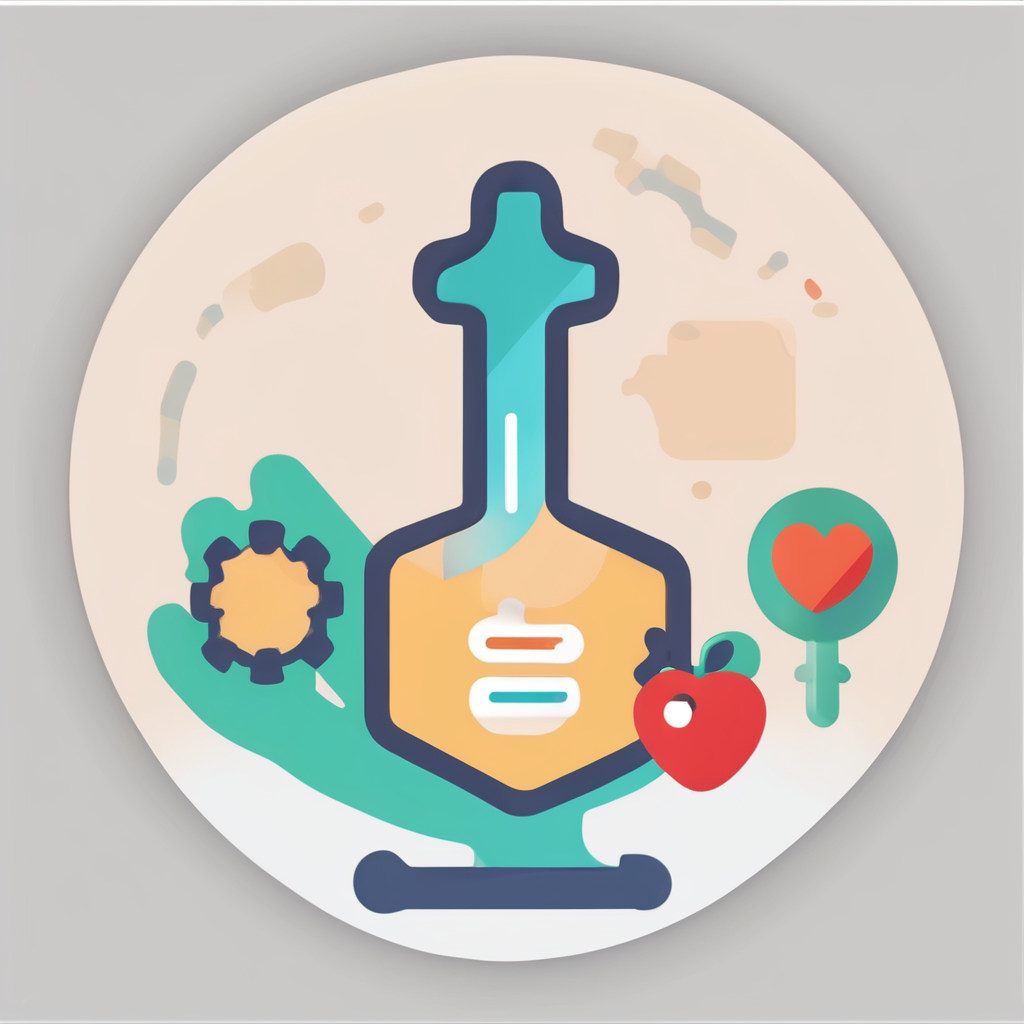Immediate transformative impacts of emerging technologies in UK healthcare
Emerging technologies are reshaping healthcare delivery across the UK, particularly through AI-driven diagnostics and enhanced patient care. The impact of emerging tech is evident in systems providing faster, more accurate disease detection and personalized treatment plans, leading to improved patient outcomes. For example, AI algorithms can analyze medical images with high precision, reducing diagnostic errors and supporting clinicians in decision-making.
The expansion of telemedicine and remote consultations is another major shift. These technologies allow patients to access care conveniently, especially in rural or underserved areas, easing pressures on NHS facilities while maintaining quality standards. Remote monitoring devices enable continuous health data collection, facilitating timely interventions without hospital visits.
Also read : What impact does Brexit have on UK health services?
Several UK pilot projects demonstrate NHS innovation in adopting these tools. Early applications include AI-powered triage in emergency departments and telehealth platforms for chronic disease management. Such initiatives highlight how future healthcare technologies UK are not only theoretical but actively transforming clinical workflows and patient experiences right now. This ongoing innovation underpins the NHS’s commitment to modernizing care through evidence-based tech adoption.
Enhancements to efficiency and cost-effectiveness through technological integration
Technological integration plays a pivotal role in driving healthcare efficiency in the UK, especially within the NHS. Automation and robotics streamline clinical workflows by reducing manual tasks, which allows medical staff to focus more on patient care. For instance, robotic process automation can handle appointment scheduling, prescription management, and administrative duties, leading to faster service delivery and less human error.
Also to read : How Will the UK’s Health Challenges Shape the Future?
The challenge of resource constraints in the NHS is addressed by digital solutions that optimize time and labor. Implementing electronic health records (EHRs) replaces cumbersome paper files, ensuring quick access to patient information across departments. This integration also supports cost-effectiveness in medical technology, as reduced paperwork and improved coordination lower operational expenses.
Big data and predictive analytics further enhance NHS digital adoption by providing actionable insights. By analyzing large datasets, healthcare professionals can predict patient admission rates, optimize staffing, and allocate resources more effectively. These tools also identify trends in treatment outcomes, enabling more informed decision-making and ultimately improving patient care quality.
In summary, combining automation, digital records, and analytics significantly boosts healthcare efficiency UK-wide while maximizing cost-effectiveness medical technology delivers to the NHS.
Personalised medicine and genomics shaping patient outcomes
Personalised healthcare UK is revolutionising patient care through genomics applications NHS-wide. By analysing an individual’s genetic makeup, treatments can be tailored precisely to their needs. This approach improves drug efficacy while reducing adverse reactions, resulting in better patient outcomes innovation.
The NHS integrates advanced screening and genetic testing to identify disease risks early. For example, genomics enables the detection of hereditary conditions before symptoms emerge. This early insight allows for preventive strategies, significantly lowering long-term health complications. Moreover, genomics-driven diagnostics play a pivotal role in early cancer detection, increasing survival rates by catching cancers at treatable stages.
Initiatives within the NHS also focus on using genomics to manage hereditary diseases, offering patients personalised prevention plans and targeted therapies. These approaches showcase how personalised healthcare UK harnesses genomic data to transform clinical decisions into effective, patient-specific strategies. Ultimately, genomics applications NHS-wide empower healthcare providers to innovate continuously, delivering care that anticipates needs and improves health outcomes across diverse populations.
Policy, regulation, and ethical considerations in UK healthcare innovation
Navigating UK healthcare policy is crucial for integrating new technologies within the NHS. NHS regulations technology outlines clear frameworks ensuring innovations align with national health objectives and patient safety standards. Government strategies consistently encourage digital transformation while mandating compliance with established protocols.
Data privacy remains a cornerstone. Patient consent and stringent security measures are mandated under UK law to protect sensitive health information when deploying digital health tools. This ensures trust is maintained and breaches are minimized. Robust governance frameworks dictate when and how patient data can be used, balancing technological potential with confidentiality requirements.
Ethical challenges AI healthcare presents include ensuring that algorithmic decisions do not reinforce biases or widen access disparities. Policymakers emphasize equitable access and inclusivity to prevent innovation from benefiting only select populations. This balance between progress and fairness guides funding, development, and deployment strategies. In practice, this means technologies must be designed and tested with diverse populations in mind and undergo rigorous ethical review before widespread NHS adoption.
By understanding these intersecting considerations, stakeholders can responsibly advance healthcare innovations that respect patient rights and promote fairness across the UK’s health system.
Expert perspectives and the future roadmap for UK healthcare technology
Experts across the UK agree that digital health innovations are pivotal for transforming healthcare delivery. Healthcare professionals emphasize the need for seamless integration of technology within the NHS to enhance patient outcomes. Technology leaders highlight that the UK healthcare sector is poised for significant growth, driven by advancements in artificial intelligence, telemedicine, and data analytics.
Current NHS technology plans focus on modernizing infrastructure and expanding digital services. Projects like electronic patient records and remote monitoring are already reshaping care pathways. The ongoing digital transformation aims to reduce waiting times, improve diagnostic accuracy, and provide more personalized care options.
However, challenges remain. Data security, interoperability across diverse systems, and ensuring equitable access for all patient groups are key issues to address. Experts stress that success depends heavily on robust training for healthcare staff and strong policy support.
Looking ahead, the UK digital health future promises smarter solutions that empower both clinicians and patients. Embracing innovation responsibly will be crucial as the NHS navigates this complex but exciting evolution in healthcare technology.



